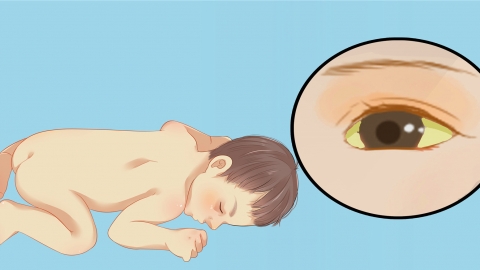What are the potential serious effects of high bilirubin levels in infants?
Generally, high infant jaundice may lead to bilirubin encephalopathy, hearing impairment, neurological developmental disorders, growth retardation, liver function damage, and other effects. If any abnormalities are noticed, timely medical consultation is recommended. Detailed analysis is as follows:

1. Bilirubin Encephalopathy: Excessively high bilirubin entering the brain can damage nerve cells, causing symptoms such as drowsiness, refusal to feed, and seizures. Severe cases may result in permanent aftereffects including intellectual disability and limb paralysis, and may even endanger life.
2. Hearing Impairment: Bilirubin deposition in the auditory center or auditory nerves can lead to hearing loss or deafness, manifesting as no response or delayed response to sounds, affecting language learning and social skill development.
3. Neurological Developmental Disorders: Persistent high jaundice can interfere with normal brain development, leading to delays in the infant's motor and cognitive abilities, such as delayed head-lifting and sitting up, and slow response to external stimuli.
4. Growth Retardation: High jaundice may reduce the infant's appetite, resulting in decreased food intake, insufficient nutrient intake, slow weight gain, and delayed height development, increasing the noticeable gap compared with infants of the same age.
5. Liver Function Damage: Some diseases causing jaundice directly damage the liver, leading to abnormal liver cell function, impairing metabolic and detoxification functions, increasing bodily burden, and delaying the recovery process.
When elevated jaundice in an infant is detected, close monitoring of bilirubin level changes is necessary. Measures such as phototherapy should be taken as advised by a physician, while ensuring adequate feeding to promote bilirubin excretion and reduce the risk of adverse effects.






